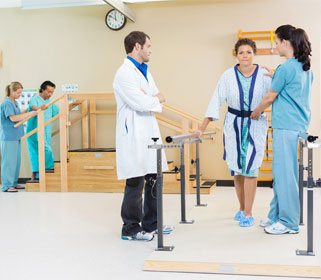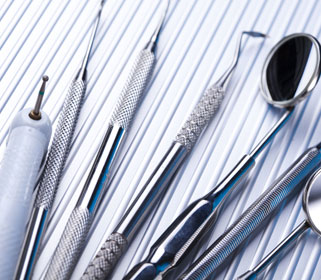Home » » Rehabilitation Equipment & Products » Fitness & Rehab Merchandise
Fitness & Rehab Merchandise
Clinical or Residential Fitness and Rehab Merchandise: From the Basics
Physical therapy is often necessary for those who have suffered from some form of injury. Heart attack and stroke victims also require various degrees of physical rehab to become functional and even active. Clinical or residential fitness rehab merchandise is available to help those in physiotherapy meet their primary goals.
From Basic to Complex
For many, rehab requires taking the smallest of steps. Before they can move on to complex equipment, they need to work on simple devices. These may well include such devices as:
- Balance boards
- Fitness balls
- Medicine balls
- Pedal exercisers
A physiotherapist may start them out with basics to help them slowly recover. Tools at their disposal for traction therapy and other types of rehab fitness will consist of the above as well as
- Exercise pulleys
- Exercise resistance bands
- Finger and hand exercisers
- Foam rollers
- Stretching Equipment
These provide patients with the ability to develop slowly their capabilities. It ensures they do not overwork the injured component – heart or hand. In addition to such devices, physiotherapists would make a few other suggestions. Among the essential fitness and rehab merchandise are such accessories as heart rate monitors, pedometers, handgrip dynamometers and workout gloves. These all can facilitate and monitor the workout process – in the early stages, and when the patient moves on to more complex rehab equipment.
Fitness and Rehab Merchandise
If you have an injury, rehab can be one way of reclaiming your former life. It may not mean you have the biggest biceps or thickest thighs in town. However, by following the directions and suggestions of your physiotherapist, you may soon achieve functional fitness. By purchasing the correct fitness and rehab merchandise, you will help your body tackle a variety of everyday tasks including bending, climbing stairs, lifting and walking without causing further strain, pain, injury or distress.














